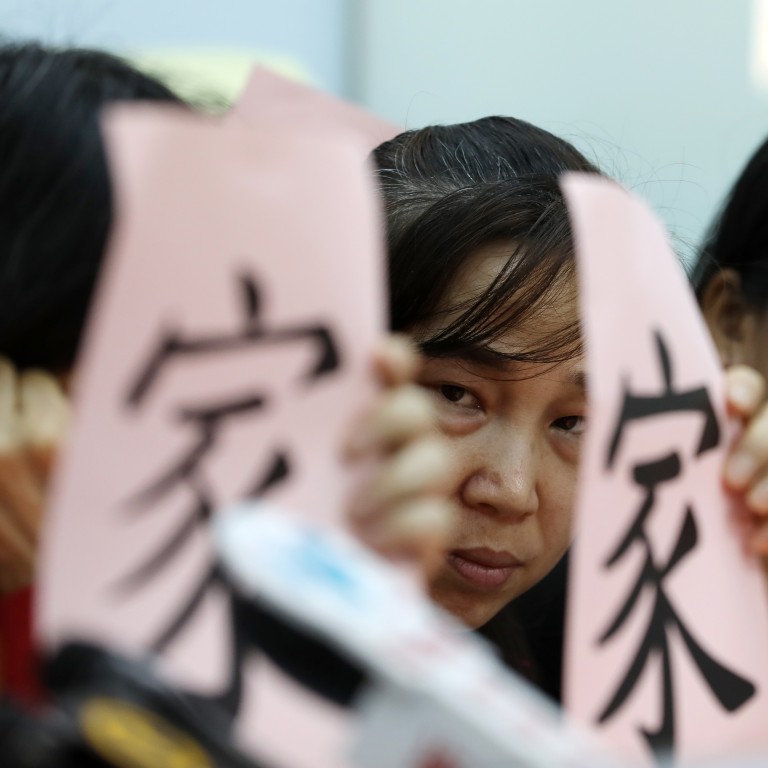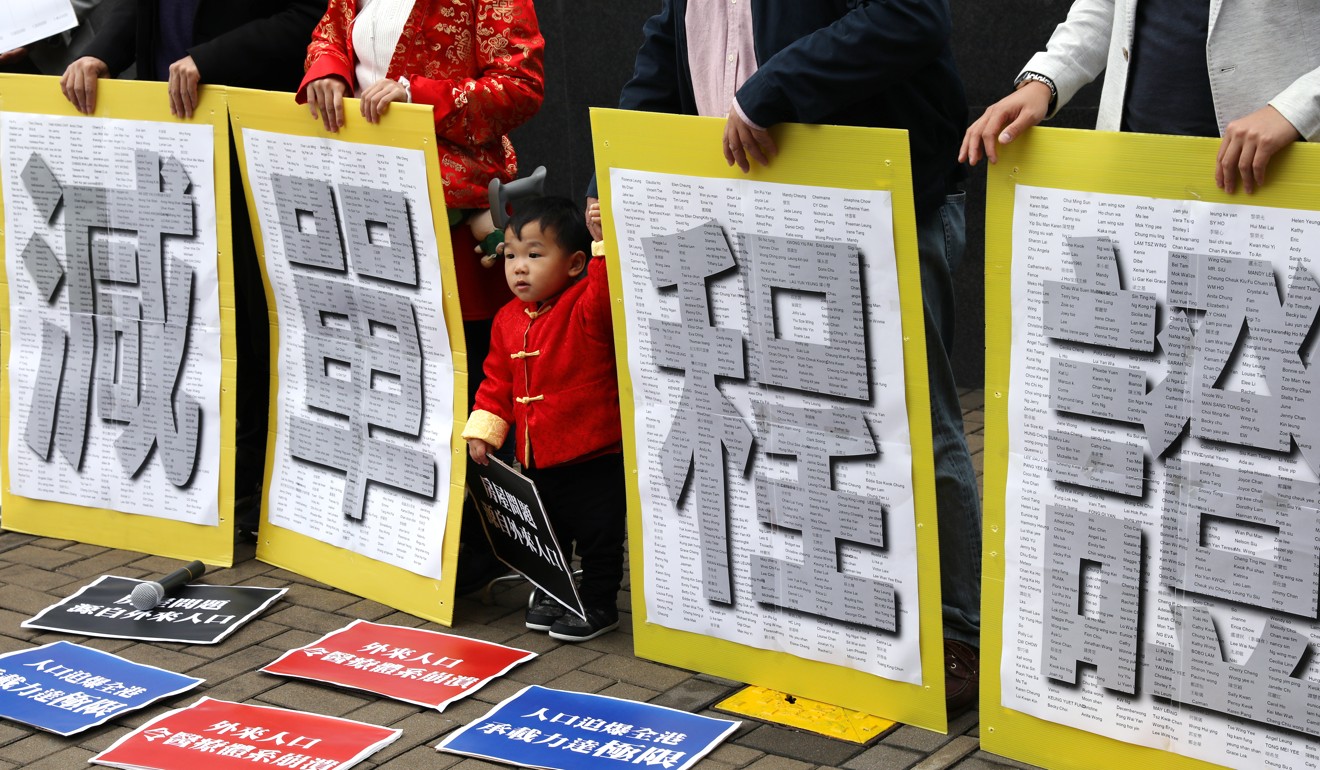
Migrant workers are good for Hong Kong and should not be scapegoated for the failures of the elites
- Brian YS Wong says empirically Hong Kong’s migrant workers contribute more than they take away, and morally they are deserving of the same treatment as those raised here

While understandable, such rhetoric is fundamentally unjustifiable. Firstly, its empirical assumptions are deeply flawed; secondly, it ignores both our moral obligations towards individuals not born in Hong Kong and – most importantly – diverts attention away from the political and economic elites truly responsible.
Firstly, the empirical: anti-migrant rhetoric frames migrants as dependent leeches who take up welfare without contributing to the local economy. Conceptually, this appears perplexing at best, given the concurrent widespread perception that migrants take up locals’ jobs – migrants are either welfare scrounges contributing little to Hong Kong or they are active members of the workforce.
The latter view is more supported by empirical evidence and thus far more plausible: Hong Kong maintains a robustly comprehensive selection criteria (for both mainland Chinese and non-Chinese migrants) in considering the prospective migrants’ skill sets, economic self-sufficiency and likelihood of sustained employment, with the only exceptions made for families and relatives of existing Hong Kong residents (see the family reunion clause that guides admission of mainland Chinese migrants).
Migrant labour performs jobs locals are unwilling to take – for example, domestic labour – while introducing specialised human capital into a city in desperate need of technology and cultural talent and generating self-sustaining, culture-specific microcosms and labour markets (such as Chungking Mansions). The net benefits of migrants should not be understated.
Secondly, for the sake of argument, suppose it is the case that some migrants present a net negative effect on our budget – that Hong Kong spends more on them than we gain. Even then, there is little reason to morally fault them: the cause of the seemingly scarce resources rests with the government’s failure to allocate adequate money to areas of need and spend the money in a cost-efficient manner.
That migrants “take our jobs” is not inevitable – the government could have explored how it could increase the flexibility and/or quality of our domestic labourforce to ensure that new jobs could be filled by a well-equipped workforce without closing Hong Kong off to prospective immigrants.
There is always the temptation for political elites (localist and pro-establishment included) to pass the buck onto migrants; it is no coincidence that migrants tend to be among the least politically represented and economically affluent demographic groups in Hong Kong.
We must resist such temptations. From a moral point of view there is no reason why individuals – because of where they are born, how they are raised or how wealthy their societies of origin are – deserve less from us. The lottery of birth is not a justification for the persistence of inequalities and oppression that arise from it.
Instead, it is an invitation for us to recognise our role in a globally connected world, and that we are active members and beneficiaries of an often arbitrary and unjust global order. Individuals should not be faulted or treated differently for things beyond their control – such as race, their parents’ wealth or their countries’ stability (or lack thereof).
To argue that migrants deserve less simply because they are foreigners would be no different from the small-minded sentiments that underpin the xenophobia across Western liberal democracies today. We can do better. If we want to take equality seriously, we must cease blaming migrants, and start calling out the apathetic inaction of the elites.
Brian YS Wong is a Master of Philosophy student of politics (political theory) at Wolfson College, Oxford University

.png?itok=bcjjKRme&v=1692256346)